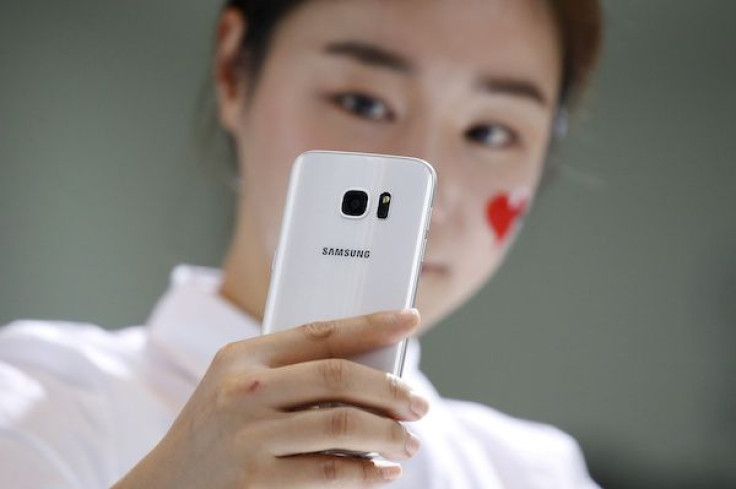Samsung Galaxy S8 Confirmed To Have Front Camera With Autofocus?

Samsung is trying its best to move on and forget about the Galaxy Note 7 fiasco. As per recent reports, the South Korea tech giant is hoping to fully heal from the scars the discontinued flagship caused by releasing a noteworthy (no pun intended) Galaxy S7 successor. Interestingly, a new leak about the device is claiming that the Galaxy S8 could launch with an advanced front-facing camera.
South Korean publication ET News reported Tuesday that Samsung is actually planning to incorporate automatic focus (AF) function to the Galaxy S8’s selfie camera. The new function is said to ensure the quality of photographs taken using the front cam.
To implement this AF function well, Samsung is going to add an encoder-type AP actuator to the front snapper’s module. This component will be responsible for controlling the location of the lenses and adjusting the focus of the lenses when the front-facing shooter is used. Since AF actuators make it possible for cameras to locate subjects, this would mean good quality selfie photos for users.
For the longest time now, Samsung has stuck to producing 5-megapixel front snappers for its flagship devices. The tech giant has also settled for the fixed focus-type of selfie cameras because they are cheaper to make and can be manufactured in small modules. Moreover, front cameras with autofocus are very rare in the smartphone industry even at present, according to SamMobile.
“People are starting to take more selfies and number of demands for cameras that take selfies with higher qualities is increasing,” an industry representative was quoted as saying. “It is heard that Samsung Electronics has decided to install front actuators for Galaxy S8 in order to differentiate its flagship Smartphone.”
The addition of autofocus to the front camera of the Galaxy S8 may not be the main attraction of the upcoming flagship, but it will certainly be a great addition to the device, knowing that Apple has already done a similar move with its latest flagships, the iPhone 7 and iPhone 7 Plus.
© Copyright IBTimes 2024. All rights reserved.











